Natural and Homemade Solutions for Pet Dental Care
Pets make for wonderful companions, but their dental health often gets overlooked in the hustle and bustle of daily life. With 80% of dogs showing signs of oral disease by three years old, it’s essential to give our furry friends proper dental care. While there are countless products on the market boasting about their benefits for pet dental health, many can be expensive or contain harmful ingredients.
That’s where natural and homemade solutions come in – they’re inexpensive, easy-to-make alternatives that prioritize your pet’s well-being. Here are some DIY ideas to ensure your four-legged friend keeps a bright smile while staying happy and healthy!
Table of Contents
What is dental plaque?
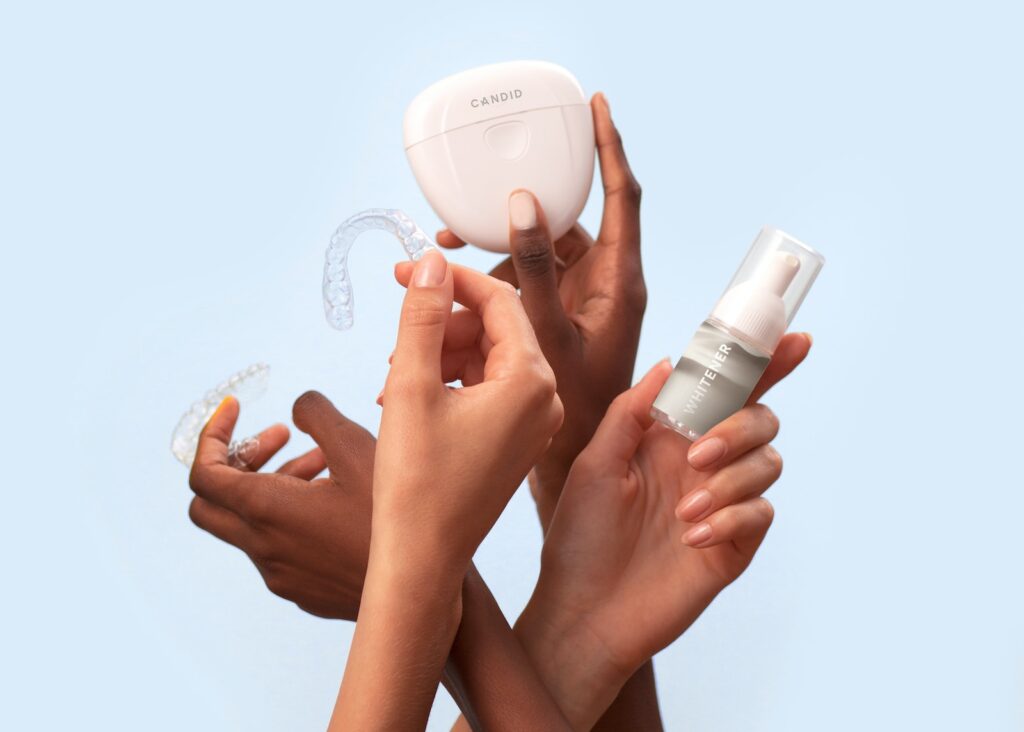
Dental plaque is a type of biofilm or oral bacteria that can build up on teeth and gums, leading to bad breath, tooth decay and other dental problems. There are many natural and homemade solutions for pet dental care that can be used to prevent or treat dental plaque.
Some common ways to prevent dental plaque from building up include feeding your pet a high-quality diet that has less sugar, calcium and sodium; providing them with fresh water every day; practicing regular dental cleanings; using products like Zoom! mouthwash to fight against oral bacteria; and using flavored toothpaste to stimulate the appetite for good oral hygiene.
If your pet does develop gum disease or tooth decay, there are many home remedies you can try such as using baking soda mixture as a tooth powder, using over-the-counter pain relievers like acetaminophen or ibuprofen as a mouth wash twice daily, Fluoride strips that dissolve beneath the tongue, professional treatments such as root fillings or crowns, systemic antibiotics like Baytril for long term treatment of gum disease and whitening strips.
Types of dental problems
There are many different types of dental problems that can affect your pet. Fortunately, most can be treated with a little bit of common sense and some homemade remedies.
Here are some of the most common problems:
–Foggy Eyes: One of the easiest ways to see if your pet is having trouble seeing is to check their eyes. If they seem to be having a hard time seeing clearly, you may need to take them to the vet for an examination.
–Trouble Swallowing: If your pet seems to be struggling to swallow, it might be due to a problem with their teeth or throat. If this is the case, you may need to take them to the vet for an exam and/or treatment.
–Bad Breath: Unexplained bad breath in pets can usually be traced back to a dental issue. Check your pet’s mouth regularly for plaque and tartar buildup, which can cause bad breath. Cleaning their teeth regularly can also help remove odors and bacteria that contribute to bad breath.
–Bleeding Gums: Bad oral hygiene can cause bleeding gums, which must be treated by a veterinarian. Gingivitis (a form of gum disease) can also lead to tooth loss and other health issues in pets. Regular brushing and flossing will help prevent gingivitis and other oral problems in your pet!
Causes of dental problems in pets
Dental problems in pets can be caused by dietary issues, disease, rough play and exposure to toxins. If your pet’s dental problem is severe and does not respond to conventional veterinary treatment, consider using natural or homemade solutions.
Dietary Issues
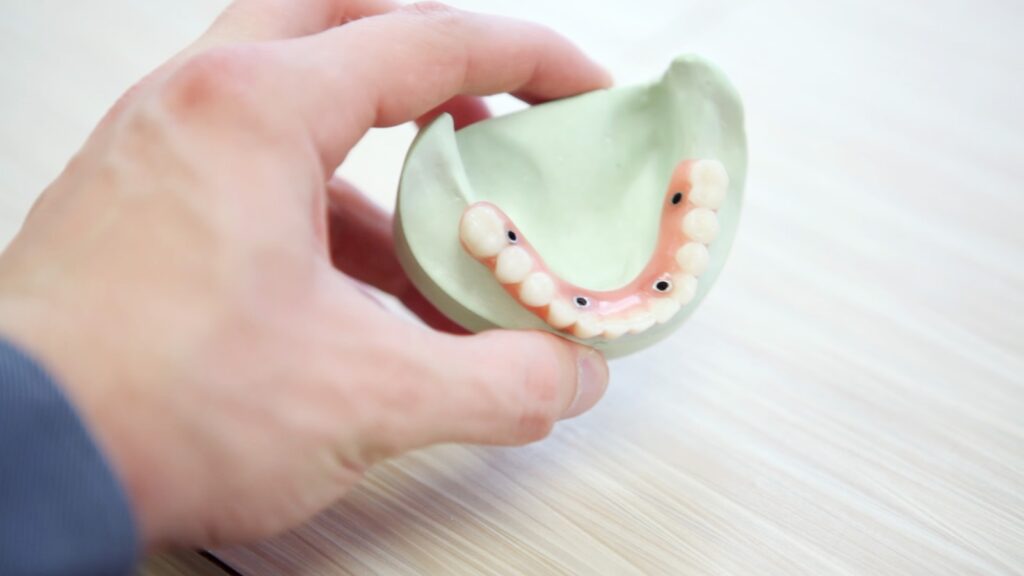
One of the most common causes of dental problems in pets is inadequate nutrition. Pets that are not properly fed may have Poor oral hygiene which can lead to tooth decay and gum Disease.
Make sure your pet is getting the correct amount of food and water by following their specific feeding schedule. Vitamins and minerals can also help keep teeth healthy. Some supplements that are often recommended for pets include canine mega-vitamin, essentialelements (A,D3&B12), flaxseed oil and probiotics.
Disease
One of the biggest contributors to pet dental problems is disease. Oral diseases such as gingivitis, periodontal disease and plaque can damage teeth and gums. If you notice any changes in your pet’s oral health such as bad breath, tartar build-up or decreased appetite, be sure to bring them in for a check-up with your veterinarian.
Other diseases that can cause dental problems in pets include feline panleukopenia virus (FPV), canine parvovirus (CPV) and salmonella poisoning. If you think your pet has contracted a mouth infection, take them to the vet immediately for an examination and treatment plan.
Prevention of dental problems in pets
Did you know that one in four dogs and one in six cats will develop tooth decay by the time they are six months old? If left untreated, this condition can lead to serious problems down the road, such as loose teeth, gingivitis, and even tooth loss. Fortunately, there are many natural and homemade solutions for pet dental care that can help prevent these problems from occurring in the first place.
One of the most important things you can do to protect your pet’s teeth is to keep their mouth clean. Make sure to brush their teeth regularly and give them a snack or drink while they’re being brushed to promote good oral health. If plaque or food build-up is a problem, use a cleaning product specifically designed for pets’ teeth, such as PetSmart’s Caviar + Whitening Toothpaste or Greenies’ Dental Gel.
Another key tactic for preventing tooth decay is to provide your pet with regular dental check-ups. During these visits, your veterinarian can diagnose any potential issues early on and offer proper treatment if needed.
If you do experience runaway tooth decay in your pet, don’t hesitate to seek professional help. Many veterinarians now offer extensive treatments options for pets with chronic dental disease, including procedures like root canal therapy and implant placement. By taking steps to prevention before things get out of hand, you can ensure that your furry friend maintains healthy teeth throughout their lifetime!
How to remove dental plaque from pet teeth
There are a few natural remedies for pet dental care that can be used to remove plaque and tartar from teeth. For example, baking soda is effective at removing plaque and chewing gum can help remove tartar buildup. Additionally, apple cider vinegar can also be used as a natural mouthwash or shampoo. Mixing water with hydrogen peroxide can also be used as a dental cleaning solution.
Home remedies for pet dental problems
Many things can go wrong with a pet’s teeth- from Bridges falling out, cavities developing due to poor oral hygiene or food, and even abscesses caused by bacteria. While some dental problems may simply require medicating your pet with a toothache medication, many others can be remedied with simple home remedies. Here are some of the best ones:
Canned pumpkin is wonderful for treating bad breath in pets. Simply syphon out 1 teaspoon per cup of canned pumpkin and give orally as a liquid diet.
Bananas are another natural remedy for bad breath in pets. Mash up one banana per day and feed orally to your pet as a treat.
Apple cider vinegar can also help get rid of bad breath in pets. Pour 2 tablespoons of apple cider vinegar into a small bowl and mix well. Give this solution orally to your pet once a week for three weeks, then once monthly thereafter for maintenance purposes if needed.
Hot water mixed with salt can also be effective in cleaning teeth and minimizing the spread of dental plaque. Fill a small dish or saucer with hot water (105-115 degrees Fahrenheit) and sprinkle sea salt into it until the water begins to form tiny bubbles – about 1 tsp per cup of water. Soak your dog’s teeth gently in this solution twice daily for around 10 minutes each time.
Symptoms of Dental Disease in Pets
Some common symptoms of dental disease in pets include gum disease, toothache, and chewer aggression. Gum disease is the most common problem, affecting nearly two-thirds of pets. Symptoms include red gums, loosening of teeth and filling up of pockets between teeth.
Toothache is usually a localized pain in one tooth or teeth and may involve sensitivity to hot drinks or foods. Chewer aggression is exhibited when a pet starts to nibble onobjets they are not normally attracted to (such as bones).
This can be an early sign that a pet has developed tooth decay or gum disease. Removal of the offending object and treatment of the underlying cause will usually stop the aggression. If not treated, tooth decay can lead to more serious problems such as infection and abscesses.
Conclusion
Pet dental care can be a real hassle for both you and your pet, but there are plenty of natural and homemade solutions that can make the process a little easier. From using baking soda to remove plaque and bacteriaBuilt up deposits of bacteria, food, saliva, tobacco smoke or other chemicals on teeth surfaces which cause gingivitis Gingivitis is an inflammation of the gums caused by plaque accumulation.
– to using green tea extract to reduce inflammation and promote oral health Tea has beenproven effective as an herbal medicine for a wide variety of medical conditions including reducing blood pressure levels and preventing heart disease. – , there are many options available to help make dental care more comfortable and manageable for everyone involved. give gentle cleanings that benefit your pet AND your wallet.
So there you have it–ten tips on how to style a men’s leather jeans! Whether you’re just getting started or want some updates on current fashion trends, hopefully our tips will help guide you in the right direction. And if you still need help finding the perfect pair of jeans for yourself, be sure to check out our selection online or in store!


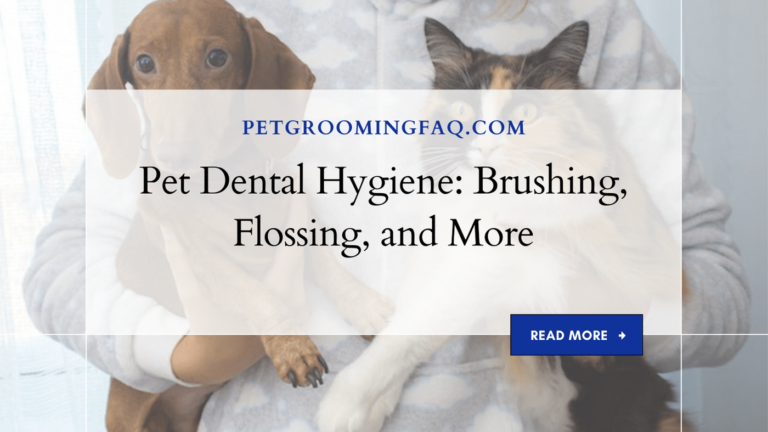
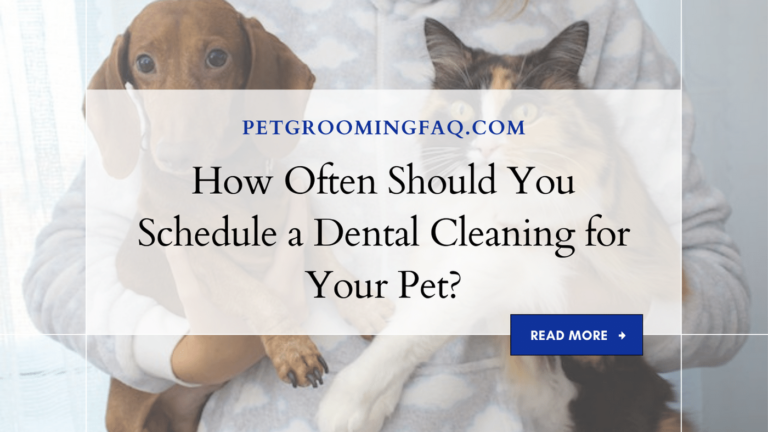

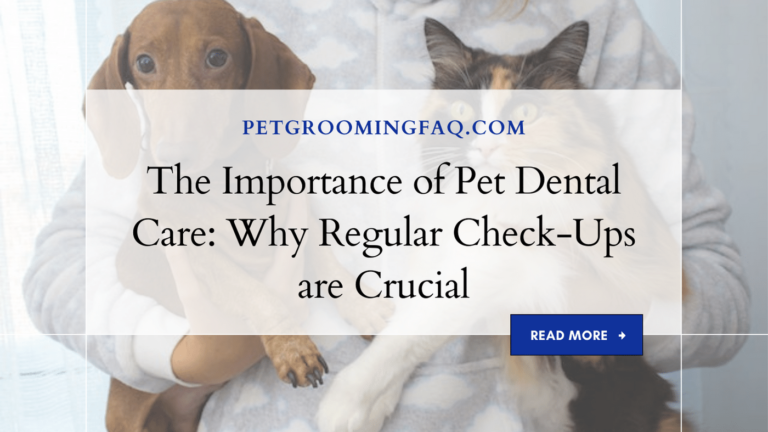

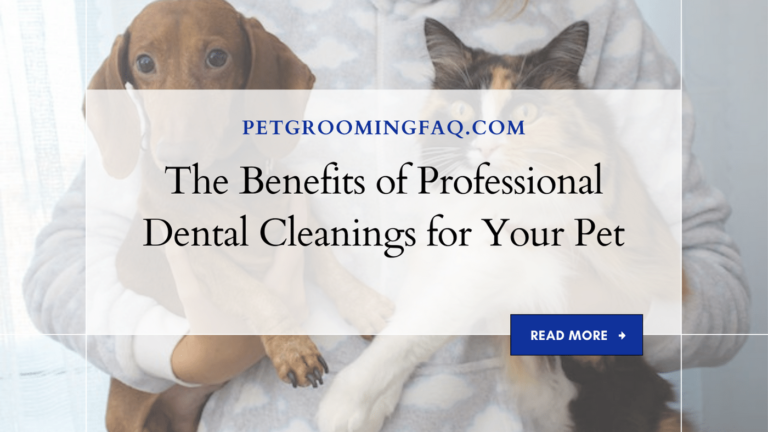
7 Comments